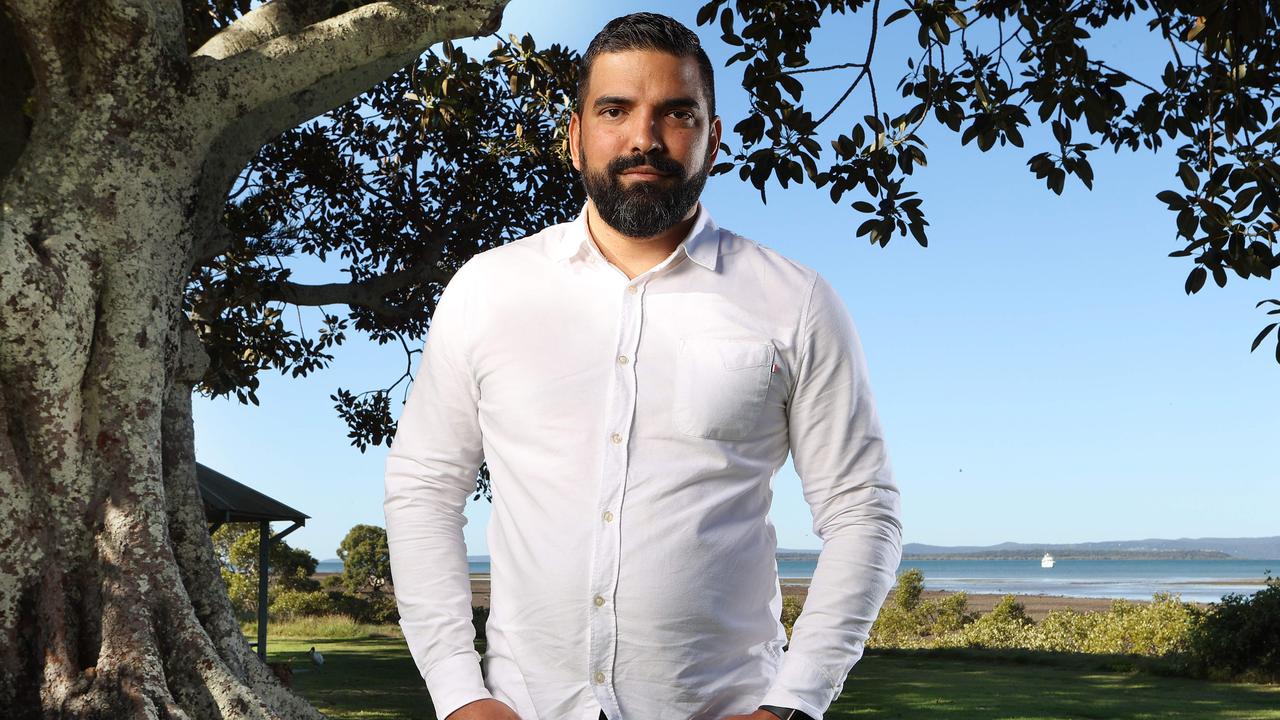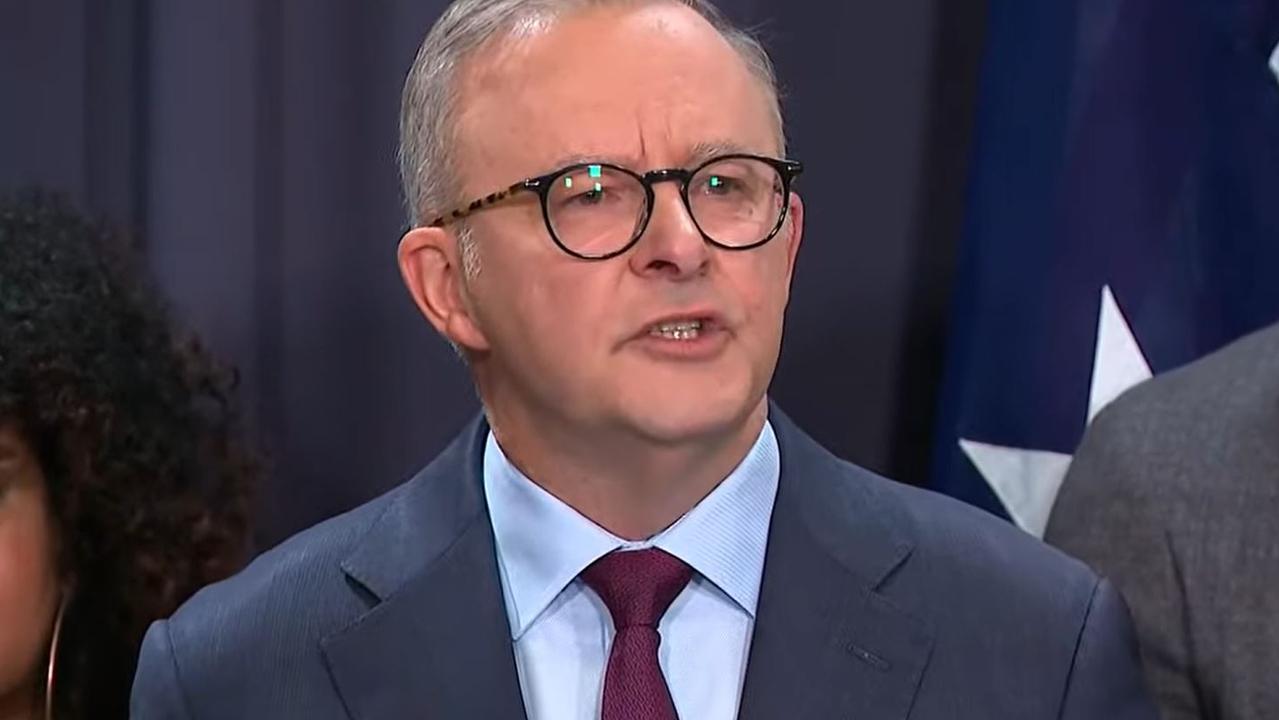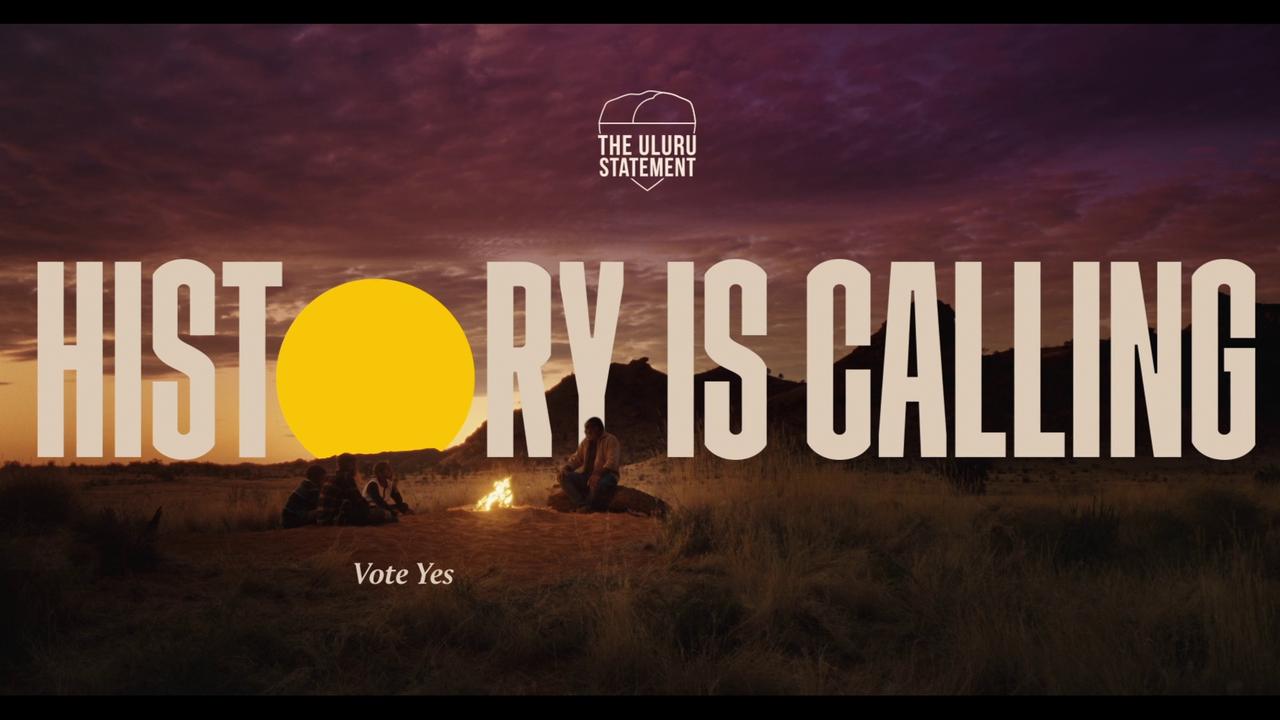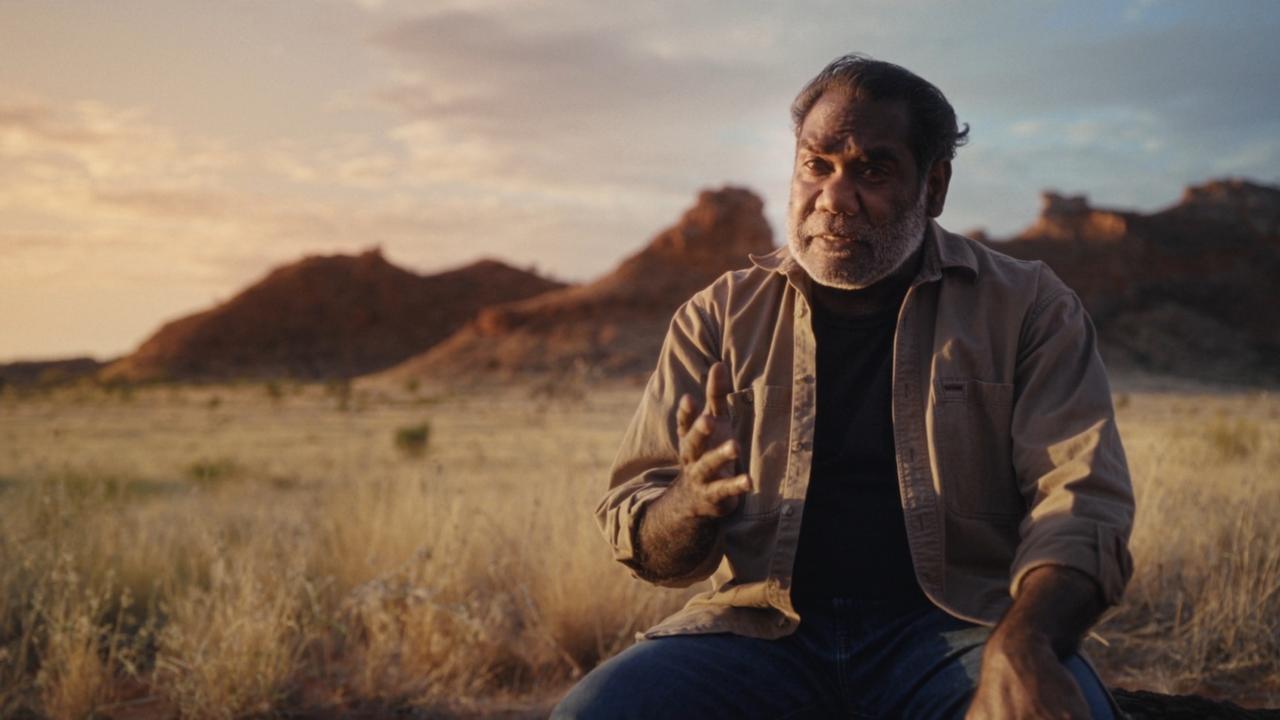Voice referendum: ‘Why Australians should vote Yes’
A referendum on an Indigenous Voice to parliament is coming up. Here is Dean Parkin on why Aussies should respond with a “Yes”.
EXCLUSIVE
On Thursday, Aussies learned the question they will be asked at a referendum on an Indigenous voice to parliament that promises to foundationally change the relationship between First Nations Australians and our government.
Aussies will be asked whether they support constitutional recognition for the First Peoples of Australia in the form of an Aboriginal and Torres Strait Islander Voice.
News.com.au spoke with Dean Parkin, director of the Yes Campaign, to determine why the nation should respond with a resounding ‘Yes’.

An Indigenous Voice to parliament means a more honest telling of Australian history
Most Aussies are proud of our vibrant and diverse nation, but Mr Parkin says there is one glaring omission from the history of Australia as told by the constitution — that this continent has been shaped by 65,000 years of continuous cultural connection to the land by Indigenous peoples.
That omission has made it easier to overlook the structural barriers faced by Indigenous Australians and to dismiss their ongoing contributions to Australia’s rich culture.
“Primarily, the Voice is about recognition, and recognition that will pave the way for real change,” Mr Parkin said.
“Recognising Aboriginal and Torres Strait Islander peoples as the First Peoples of this nation, that in itself is an important thing. It says something about who we are as a nation — that we are welcoming and diverse and honest. It means that every Australian can connect their story to the history of this country.”

A Voice to parliament will mean fewer misdirected resources
In the 15 years since the first Closing the Gap targets were announced, limited progress has been made.
At the most recent review in June, only four of the 17 targets to tackle Indigenous inequality were on track — the birth weights of Indigenous babies, participation in early childhood education, youth detention rates and recognition of land and sea rights.
A staggering two-thirds of the targets were not on track, and some had even slid backwards. Indigenous children, for instance, were more likely to be in out-of-home care in 2022 than two years earlier.
Mr Parkin said there was a “shared frustration across Indigenous and non-Indigenous Australians about the lack of progress on those really important issues”.
By voting ‘Yes’ in the referendum, he said Australians could create a pathway for First Nations peoples to communicate directly with the government of the day, resulting in better policy and fewer misdirected resources.
“It’s in the interests of all Australians and Indigenous people in particular to see a successful ‘Yes’ vote,” Mr Parkin said.
“It’s good for Indigenous people and good for our country. Australians want to see real results for all the goodwill and good intentions that are out there. The voice is the foundation for that change to happen.”

The referendum is the result of extensive consultation with Indigenous communities
While Mr Parkin acknowledges that there are many opinions on the Voice, including within Indigenous communities, he says it is important to note the three years of polling that show about 80 per cent of Aboriginal and Torres Strait Islander people support a referendum.
“There has been political bipartisanship on the necessity of a referendum on Indigenous constitutional recognition since 2008. The question since then has been what form of recognition should take place,” Mr Parkin explained.
“The Uluru Statement from the Heart, delivered by Indigenous peoples in 2017, said very clearly that the form must be through a Voice.
“Aboriginal and Torres Strait Islander people said in the Uluru Statement, recognition is fine, but it can’t just be symbolic. It has to have a real impact on the lives of our people, because those issues are far too important. The way to get that impactful recognition is through a Voice.”

If you’d like to know more
We don’t yet have an exact date on when the Voice to parliament referendum will go ahead, but it’s likely to be in many months. In the meantime, Mr Parkin said he had one message for people who remained sceptical about voting 'Yes' — he wants them to be involved in the conversation.
“This is absolutely an invitation for all Australians to be part of the discussion, ” he said.
“We know that there are a lot of people who are coming to this new or maybe have some reservations or some doubts. We want to involve you in the conversation. We will be doing our very best to create opportunities for everyone to come forward, to put information out there so that people can grow their understanding of what exactly is being proposed.
“This is a welcoming campaign, and I just ask that people get involved and have an open mind … I think in their heart of hearts, many Australians will want to be part of a successful ‘Yes’ vote, which is why we’re really looking forward to having that conversation with as many people as possible.”






